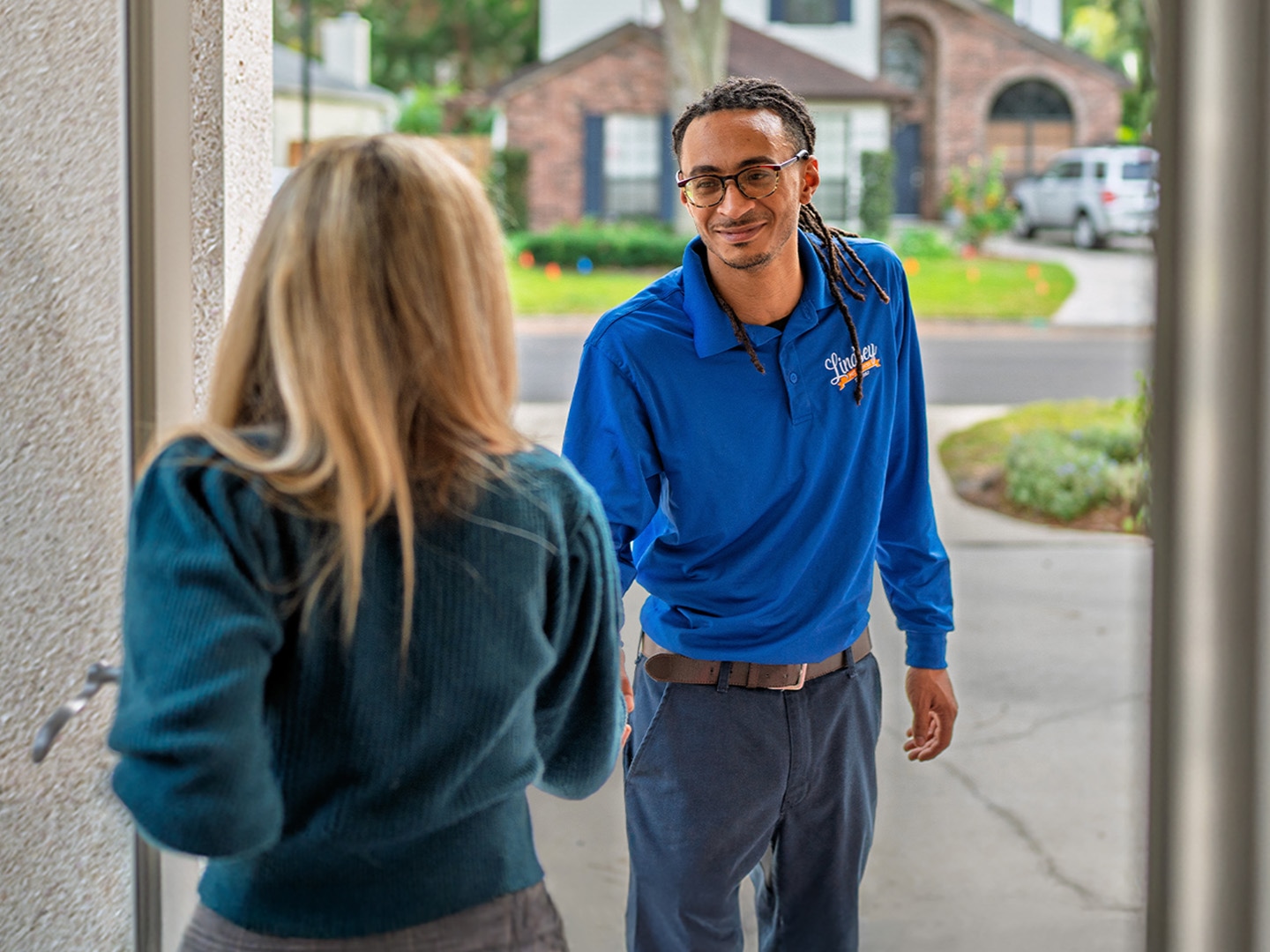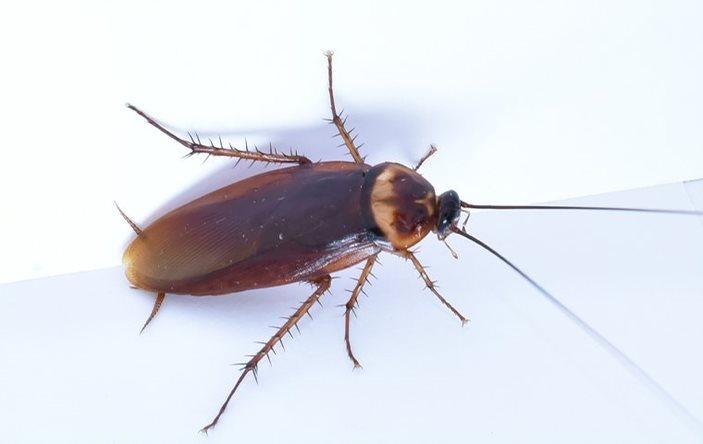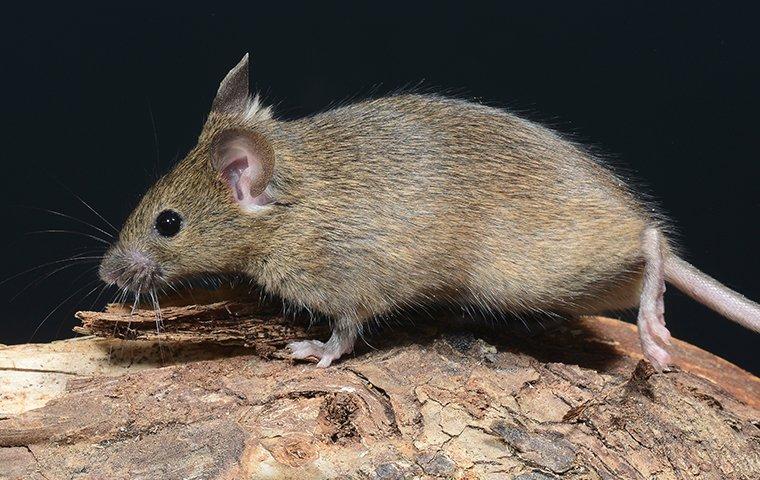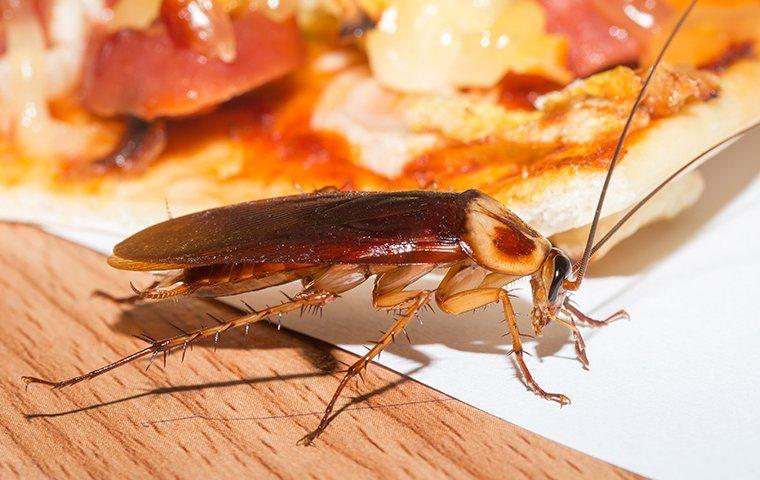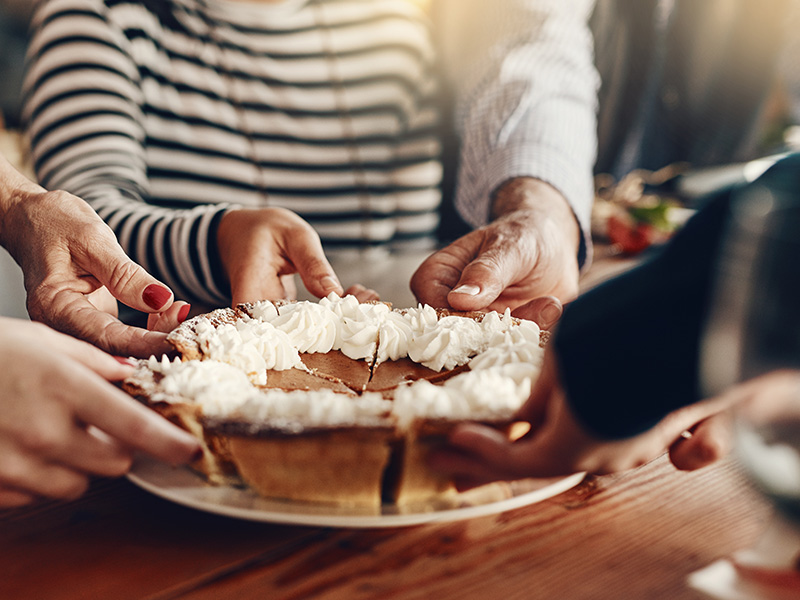Dangerous Spiders Invading Greater-Jacksonville Homes
Living in the Greater Jacksonville area has its perks—sunshine, beautiful beaches, and plenty of outdoor activities. But it’s not just people who enjoy the warm Florida weather—certain spiders do, too. While most spiders you find around your home are harmless, the black widow and brown recluse can pose a risk. In this article, we'll look at these venomous spiders, the associated risks, how to prevent infestations, and what to do if you discover them in your home!
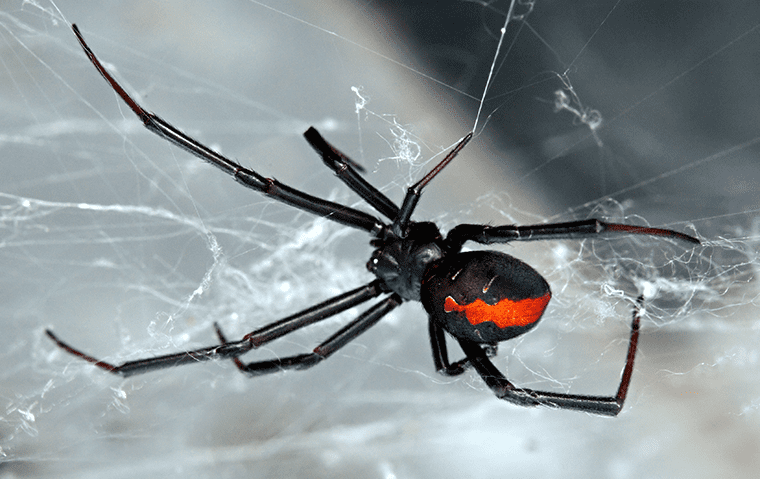
Venomous spider spotlight
Black Widow Spiders
Black widows are easily recognizable thanks to their shiny black bodies and the signature red hourglass shape on their abdomen. The bright red markings not only help us identify these venomous spiders but also signal danger to predators.
They are typically found in dark, secluded spots such as woodpiles, sheds, garages, and under outdoor furniture.
The bites of black widows are venomous and can cause symptoms like muscle pain, cramping, and nausea, but fatalities are rare with medical treatment.
Brown Recluse Spiders
Brown recluses are known for their light brown color and violin-shaped markings on their backs.
These spiders prefer quiet, undisturbed places like closets, attics, and basements.
They are shy and will generally avoid contact, but their bite can cause necrotic (dead) tissue at the wound site, leading to skin ulcers if left untreated.
Venomous spiders and the webs they weave
Since you may not see black widows or brown recluse spiders in or around your home, it’s a good idea to know what their webs look like.
Unlike the common house spider that builds more structured orbs or circular patterned, symmetrical webs in corners or near windows, black widow spider webs are irregular and messy. In fact, they often look like tangled or disorganized silk.
Brown recluse spider webs look different from those of house spiders and black widows in that they are smaller and more compact and tend to be flat or sheet-like. Unlike the other two, their webs are not designed to catch prey but to act as shelter.
Risks associated with venomous spiders
Venomous spider bites can be concerning, but they’re not common. Most bites occur when the spider feels threatened, often because it’s accidentally trapped against the skin.
While both black widows and brown recluses have potent venom, their bites are rarely fatal. However, it’s important to seek medical attention if bitten, especially if you experience severe symptoms such as difficulty breathing, extreme pain, or spreading redness.
Where you are likely to find venomous spiders in and around the house
These spiders are natural hiders. As we mentioned earlier, you’re more likely to find them in dark, undisturbed areas where they can live undetected. Common hiding places include:
- Attics
- Crawl spaces
- Garages
- Closets
- Boxes
- Behind or under furniture
- Along baseboards
- Sheds
- Woodpiles
- Under outdoor furniture
Brown recluses tend to stay closer to the ground and may hide under rocks, debris, or outdoor storage areas.
What attracts spiders to homes & yards
There’s a reason these spiders find their way onto your property—it has everything they need for survival. Here are some things that might be inviting spiders onto your property or, worse, into your home:
- Clutter
Inside or out, clutter provides spiders with plenty of places to hide and build webs. - Woodpiles & yard debris
Stacked firewood, leaf piles, and other yard debris are perfect spider hangouts. - Insects
Spiders feed on other bugs, so if your yard or home is crawling with insects, it’ll be like an all-you-can-eat buffet for these arachnids. - Moisture
Black widow and brown recluse spiders aren’t necessarily attracted to moisture but to the insects that are attracted to leaky pipes, dripping spigots, and other damp areas.
Spider prevention tips
Keeping venomous spiders out of your home doesn’t have to be a hassle. Here are some simple steps you can take to make your space less attractive to them:
- Clean up the yard
Remove piles of brush, wood, leaves, and other organic yard debris, as well as construction materials and other items that provide shelter to spiders and other pests. - Trim vegetation
Overgrown bushes and tree limbs can act as bridges for spiders to enter your home. Keep them trimmed and away from the house. - Declutter regularly
Keep your home, garage, and outbuildings organized, and avoid piling up boxes or other items where spiders can hide. - Seal entry points
Close off any gaps, cracks, or openings that spiders and other pests could use to enter your home. Cracks in the foundation, a crawl space door that isn’t sealed well, a gap under the garage door, and holes around utility entrances are just a few common entry points. - Relocate woodpiles
Keep firewood and debris away from your home’s exterior. If possible, store them at least 20 feet away. - Switch to yellow lights outside
Insects are attracted to bright lights, and spiders follow them. Switch to yellow lights to reduce the bug population near your home. - Address the insect population
If ants, flies, and other insects are crawling or flying around outside your property or indoors, spiders will follow. Consider signing up for pest control services to keep bugs and their predators away!
What to do if you find venomous spiders in your home
At the first sign of a venomous spider problem, or any pest problem for that matter, contact Lindsey Pest Services for assistance.
Our local, woman-owned pest control company has been solving insect and rodent infestations in Greater Jacksonville and along the First Coast since 1957 and has the tools and experience to handle the job!
To eliminate black widow and brown recluse spiders, we’ll perform a thorough inspection to locate the source of the infestation and identify food sources. After that, one of our highly trained and fully licensed pest control specialists will implement a customized program to eradicate these venomous spiders.
If spiders are a common problem in or around your home, we recommend signing up for ongoing home pest control services that address the bugs that attract all spiders, venomous and non-venomous, to your home.
Lindsey’s Good Plan is a great option that includes quarterly pest treatments and provides protection from 30+ common house-infesting pests in our region. Check out the plan and pricing below, or give us a call to find out how we can help you protect against nuisance and potentially harmful pests in Jacksonville, Orange Park, St. Augustine, and throughout Greater Jacksonville and a portion of the First Coast!








